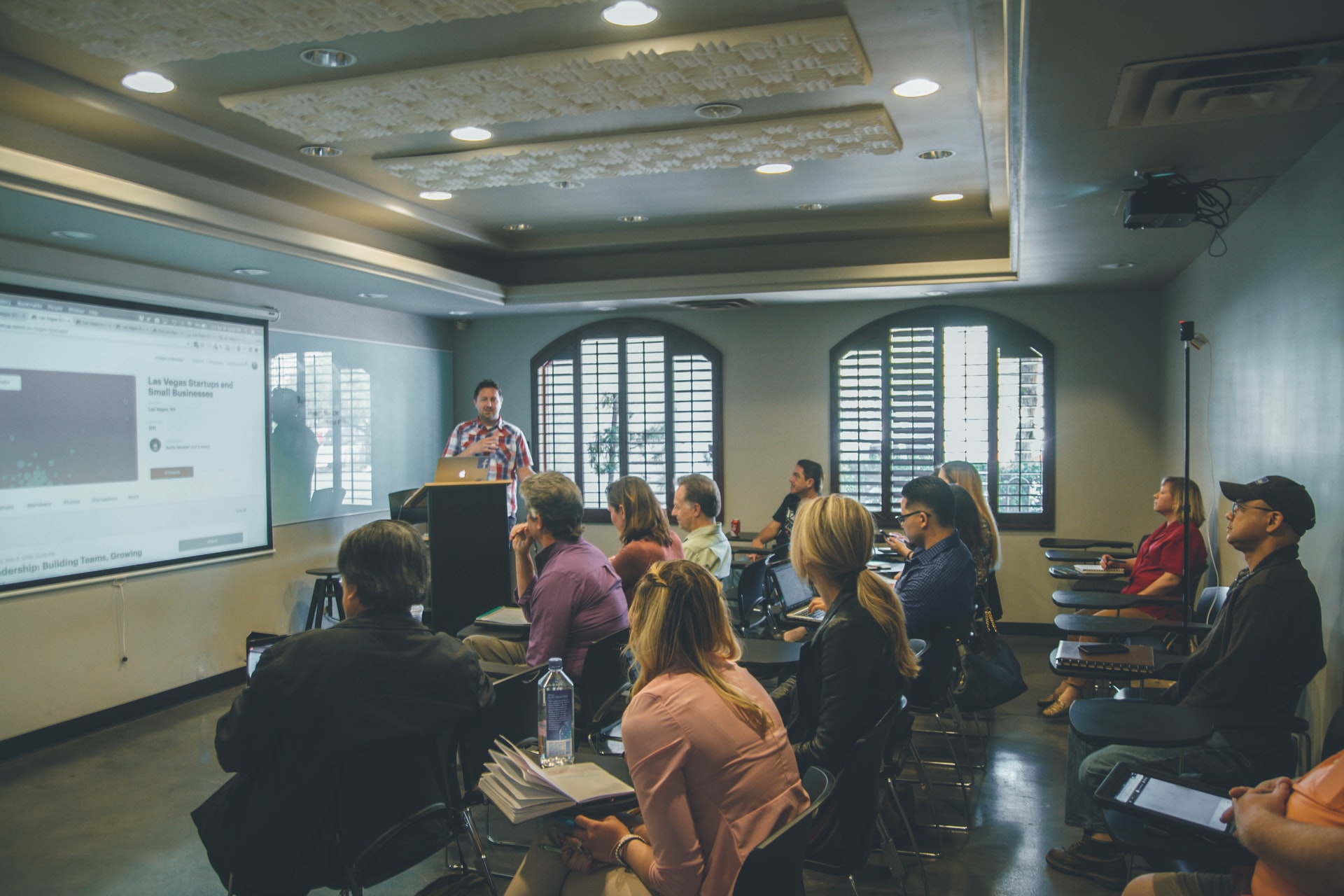Are you looking for hacks to help students who become overexcited? If so, keep reading.
1. Let the student close the classroom door or windows to lessen visual and auditory stimuli from outside the classroom.
2. Provide the student a special signal when they are becoming excited (e.g., a secret word, a hand signal, etc.).
3. Assist the student in recognizing the signs of becoming overexcited. Teach the student appropriate actions to gain self-control.
4. Get the student to take part in small group learning activities (e.g., free time, math, reading, etc.) to lessen the level of visual and auditory stimuli in the group. As the student successfully functions in the presence of visual and auditory stimuli, slowly increase the size of the group.
5. Stop the student from becoming so stimulated by an event or learning experience that they cannot control their behavior.
6. Assess the visual and auditory stimuli in the classroom. Ascertain the level of stimuli to which the student can respond appropriately. Remove the unnecessary stimuli from their surroundings.
7. Be firm, fair, and consistent, expecting the student to settle down after becoming excited. Do not Let the student participate until they have regained self-control.
8. Be firm, fair, and consistent, expecting the student to leave a situation when they become overexcited (e.g., send the student to the counselor’s office, make them sit in a chair for five minutes, etc.).
9. Choose a specific place the student can go to regain control after becoming overexcited.
10. Give a consistent routine (schedule) for the student to enable self-control.
11. Urge the student to consider the consequences of their behavior before engaging in any learning experience.
12. Find the situations in which the student is most likely to become overexcited. After you have identified these situations, think of ways to minimize their occurrences.
13. Praise the student for demonstrating self-control. As the student shows success, slowly increase the duration of time required for reinforcement.
14. Teach the student appropriate ways to gain self-control after becoming overexcited (e.g., slow deep breaths, leave the learning experience, walk down the hallway to the water fountain, etc.).
15. Do not let the student take part in learning activities that cause them to become so excited that they cannot settle down.
16. Minimize visual and auditory stimuli to a level at which the student can successfully function. As the student shows that they can successfully tolerate the increased levels without becoming overexcited, slowly allow visual and auditory stimuli to increase.
17. Make sure that the student knows the relationship between unacceptable behavior and the consequences that follow (e.g., missing out on special learning activities, being avoided by peers, etc.).
18. Maintain a pleasant/calm atmosphere that will lessen the likelihood of the student becoming overexcited.
19. Draft an agreement with the student stipulating what behavior is required (e.g., keeping self-control in the presence of visual and auditory stimuli in the classroom) and which reinforcement will be implemented when the agreement has been met.
20. Consider using a classroom management app. Click here to view a list of apps that we recommend.
21. Consider using an adaptive behavior management app. Click here to view a list of apps that we recommend.
22. Consider using Alexa to help the student learn to behave appropriately. Click here to read an article that we wrote on the subject.
23. Click here to learn about six bonus strategies for challenging problem behaviors and mastering classroom management.
24. Consider using a socio-emotional learning app. Click here to view a list of apps that we recommend.
25. Consider using an emotional intelligence app. Click here to view a list of apps that we recommend.
26. Consider using a school counseling app. Click here to view a list of apps that we recommend.





